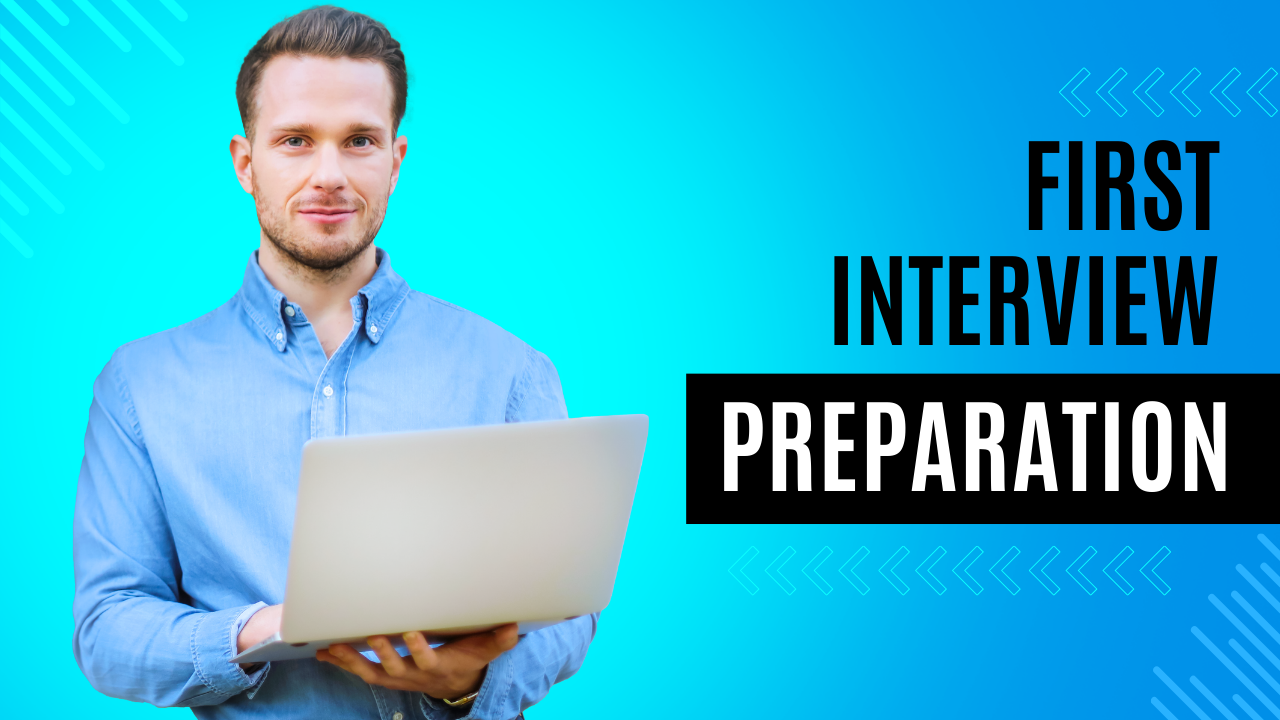
The first interview is a crucial step in the job application process, serving as the initial opportunity for the employer and the candidate to assess each other. Key topics should be addressed during the first interview to ensure a productive and insightful conversation. This blog will explore the essential subjects that candidates should discuss to make a positive impression and increase their chances of success. Common interview questions are questions that all candidates should prepare for to be prepared for the most basic interview questions. Interview skills are essential to practice before your first interview.
The first interview is an ideal platform for candidates to provide a concise overview of their professional background and relevant work experience.
Discussing previous roles, responsibilities, and accomplishments allows the interviewer to gauge the candidate’s qualifications and suitability for the position.
Candidates should clearly understand the company’s mission, values, and business operations.
Discussing the specific role they are applying for and how their skills align with the job requirements showcases a genuine interest in the position.
A detailed discussion of the candidate’s technical and soft skills is crucial.
Providing examples of how these skills have been applied in previous roles adds credibility and helps the interviewer envision the candidate’s potential contributions.
Sharing notable achievements and how challenges were overcome provides insights into the candidate’s problem-solving abilities and resilience.
Discussing past experiences also allows interviewers to assess how candidates approach and handle various situations.
The cultural fit is a significant factor in a candidate’s success within a company.
Discussing personal work preferences, collaboration styles, and experiences working in diverse teams helps both parties assess compatibility.
Defining Cultural Fit through Common Interview Questions:
Cultural fit encompasses shared values, beliefs, and behaviors that define the organizational culture.
Discussing cultural fit in an interview ensures that candidates understand and align with the company’s ethos, promoting a harmonious and productive work environment.
Mutual Understanding:
Cultural fit discussions provide a platform for mutual understanding between the candidate and the employer.
Candidates can showcase their awareness of the company’s culture, while employers can gauge how much a candidate’s values align with the organization’s core principles.
Team Cohesion and Collaboration:
Understanding team dynamics is crucial for effective collaboration and productivity.
Interviews that delve into team dynamics allow candidates to express their team-oriented mindset and highlight successful collaboration experiences in previous roles.
Communication Styles and Interpersonal Skills through Interview Skills:
Team dynamics discussions often touch upon communication styles and interpersonal skills.
Employers seek candidates who can communicate effectively, adapt to various communication preferences within the team, and contribute positively to the overall work environment.
Conflict Resolution and Problem-Solving:
Addressing team dynamics opens the door to discussions on conflict resolution and problem-solving.
Employers are interested in candidates who can navigate challenges, contribute constructively to conflict resolution, and work towards solutions that benefit the team.
Diversity and Inclusion:
Cultural fit and team dynamics discussions also touch upon diversity and inclusion within the workplace.
Employers aim to build diverse teams, and candidates who value and contribute to an inclusive work environment are highly valued.
Adaptability to Organizational Change:
The conversation about cultural fit extends to a candidate’s adaptability to organizational changes.
Employers appreciate individuals who can seamlessly integrate into the company’s evolving culture and contribute positively during periods of change.
Employee Engagement and Satisfaction:
an excellent cultural fit and positive team dynamics increase employee engagement and satisfaction.
Employers understand that employees who feel a sense of belonging and connection to their team are more likely to be motivated and committed to their work.
Candidates should come prepared with thoughtful questions for the interviewer.
Inquiring about the company culture, team structure, and expectations for the role demonstrates genuine interest and enthusiasm for the position.
Discussing long-term career goals allows the interviewer to evaluate how well the candidate’s aspirations align with the growth opportunities within the company.
It also helps in understanding the candidate’s commitment to professional development.
Discussing long-term career goals in a job interview is a critical component beyond showcasing one’s immediate qualifications. It provides a glimpse into a candidate’s vision, ambition, and alignment with the organization’s long-term objectives. Common interview questions can help to uncover long-term career goals. You will want to use your interview skills to demonstrate the following items during your first job interview.
Alignment with Organizational Objectives:
Discussing long-term career goals allows candidates to demonstrate how their personal aspirations align with the organization’s long-term objectives.
Employers value candidates who contribute to the company’s success and growth.
Commitment to Professional Development:
Articulating long-term goals reflects a commitment to continuous learning and professional development.
Employers seek proactive individuals who enhance their skills and contribute to the evolution of their roles within the company.
Cultural Fit and Company Values through Common Interview Questions:
Communicating long-term goals provides an opportunity to showcase cultural fit and alignment with the company’s values.
Employers are interested in candidates with a vision for the future that resonates with the organization’s mission and culture.
Interview Preparation with Discussing Leadership Potential:
Long-term career goals often involve aspirations for leadership roles and increased responsibilities.
Discussing these goals allows employers to assess a candidate’s leadership potential and suitability for advancement within the company.
Contributions to Team and Organization:
Candidates can use discussions about their long-term goals to articulate how they plan to contribute to the success of the team and the organization.
Employers appreciate individuals with a clear sense of purpose and a strategic vision for achieving collective goals.
Common Interview Questions with Adaptability and Flexibility:
Long-term goals can also reflect a candidate’s adaptability and flexibility in responding to evolving industry trends and organizational changes.
Employers value individuals who can navigate uncertainty and contribute to the organization’s resilience.
Networking and Relationship Building:
Articulating long-term goals may involve a discussion of networking and relationship-building strategies.
Employers appreciate candidates who recognize the importance of building professional connections within and outside the organization.
Mutual Growth and Collaboration:
< UNK> Discussing long-term goals creates a dialogue around mutual growth and collaboration between the candidate and the organization.
Employers are likelier to invest in individuals who see their success intertwined with the company’s success.
Accepting a new job is a significant life transition that requires careful consideration of availability and logistics. Beyond the excitement of a new opportunity, individuals must assess various factors such as relocation, work hours, and potential impacts on personal life. Use your interview skills to discuss the following items appropriately during your first interview.
Work Hours and Schedule:
Relocation Considerations:
Family and Personal Commitments:
Negotiating Terms and Conditions:
Professional Development and Training:
Health and Well-being:
Transportation and Commute:
Remote Work Policies:
Availability and logistics are integral to the decision-making process when accepting a new job. Individuals can proactively address work hours, relocation, family commitments, and other logistical considerations to ensure a smoother transition into their new roles. Clear communication with employers and a strategic approach to these factors contribute to successfully integrating into the new professional environment, fostering a positive and sustainable work-life balance. Interview preparation is vital in discussing other topics outside of the questions presented.
Discussing long-term career goals during an interview is not just a formality; it’s a strategic opportunity for candidates to differentiate themselves and align their aspirations with the organization’s vision. By articulating a clear and thoughtful vision for the future, candidates can convey their commitment to professional growth, cultural fit, and potential contributions to the team and organization. This nuanced conversation elevates the interview process from merely assessing skills to discussing shared values and a collaborative journey toward success.
In conclusion, a successful first interview involves a comprehensive discussion of various topics that collectively provide a holistic understanding of the candidate’s qualifications, aspirations, and cultural alignment with the company. By addressing these essential subjects, candidates can navigate the first interview effectively and leave a lasting positive impression on their potential employers. Interview preparation, seeking a coach for interviews, understanding common interview questions, and working to develop interview skills and interview techniques can assist you with a successful first interview. Preparing for the standard interview questions will help you be less nervous and more clear-headed during the job interview.

2 months ago, admin
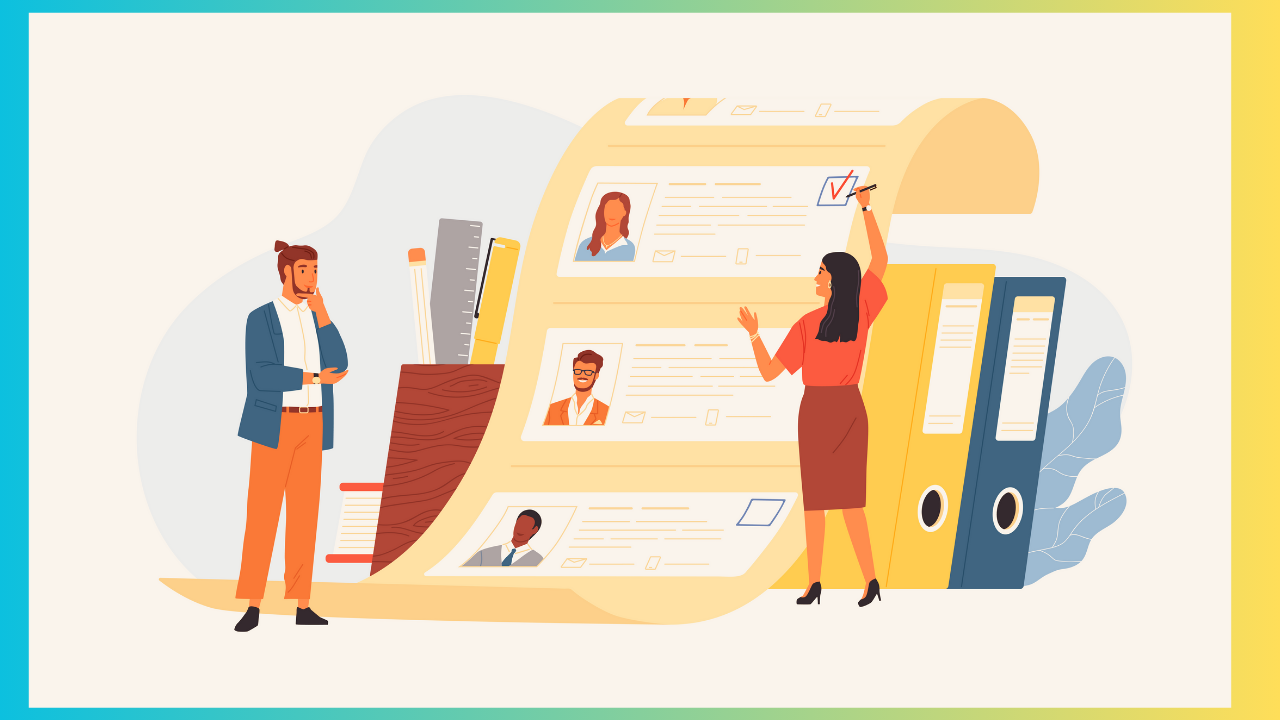
3 months ago, admin

3 months ago, admin
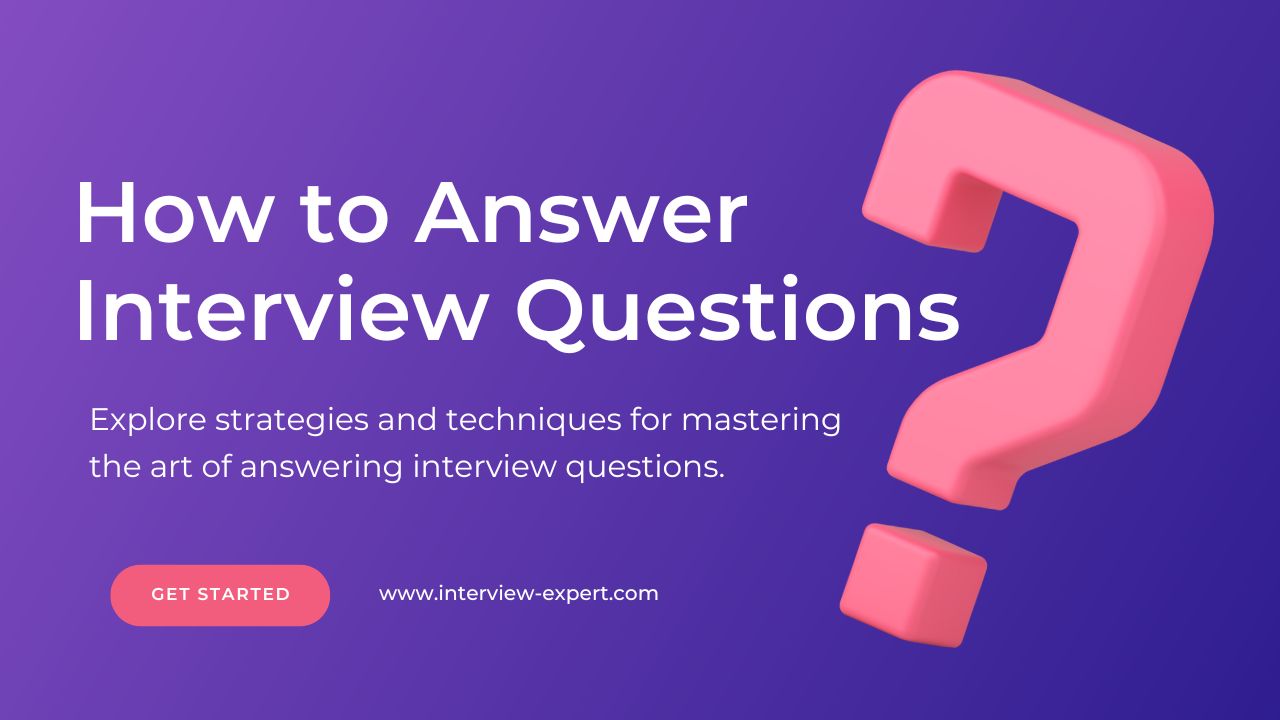
10 hours ago, admin
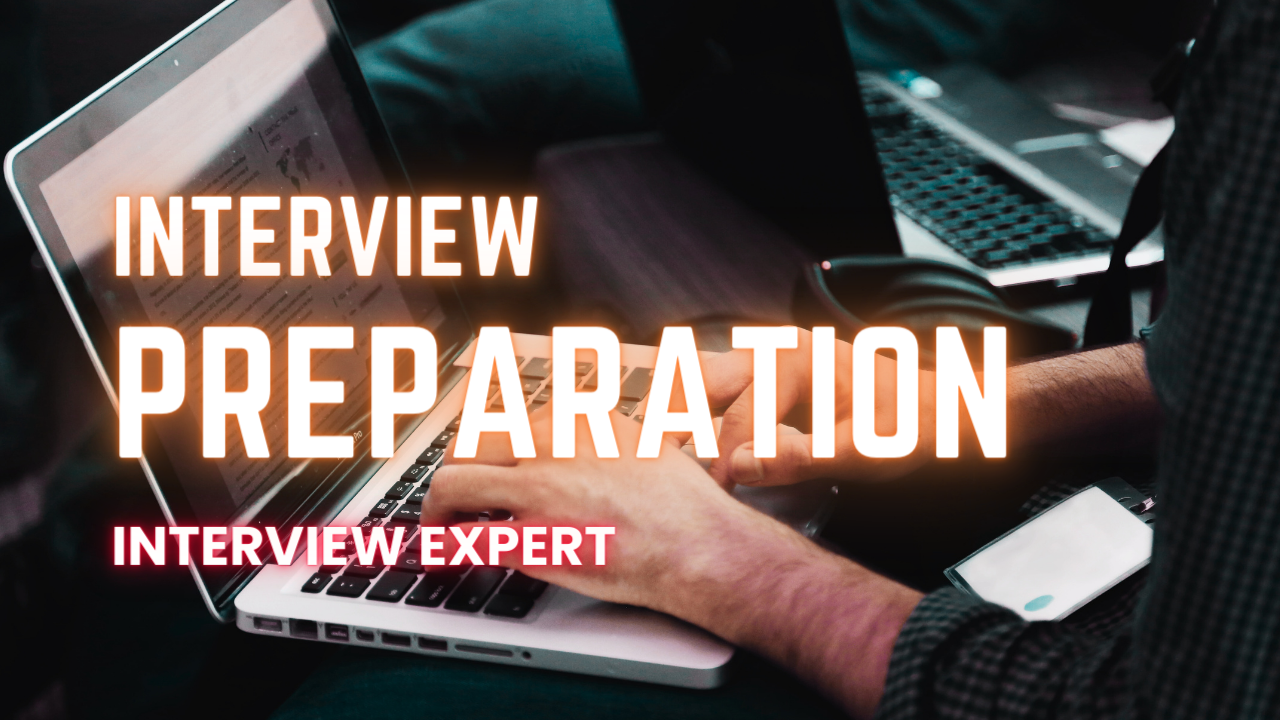
6 days ago, admin
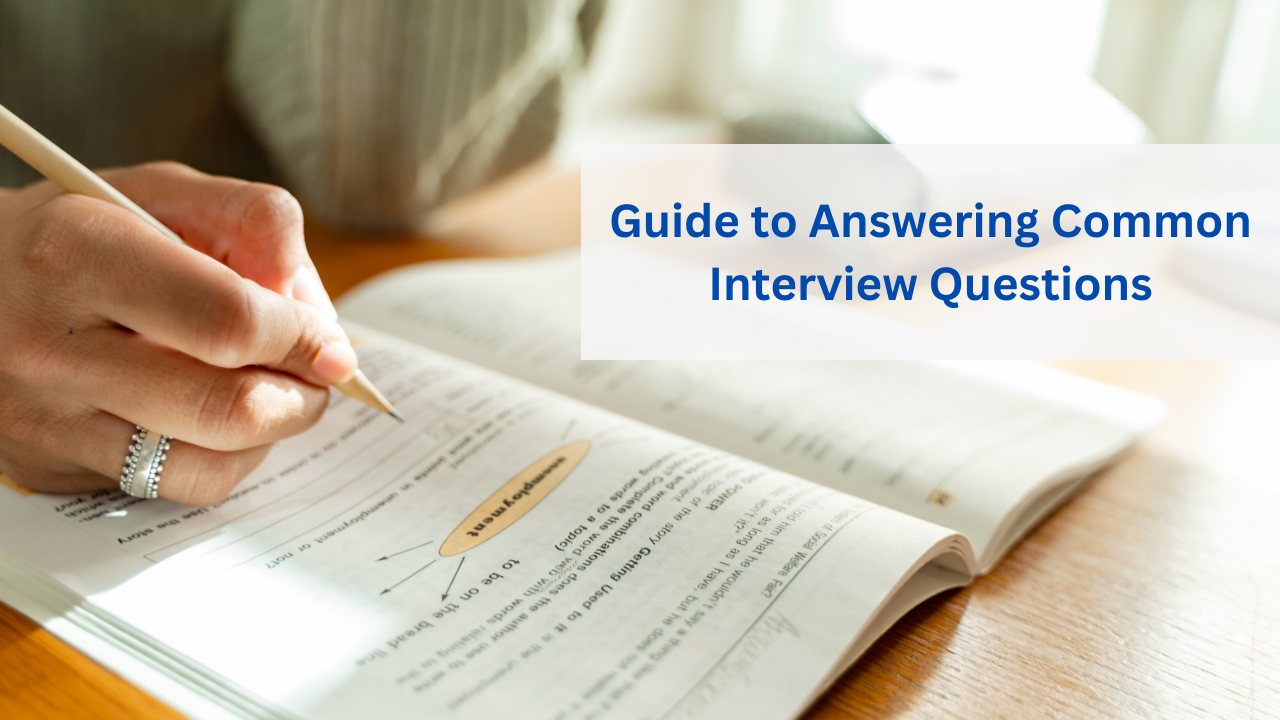
1 week ago, admin
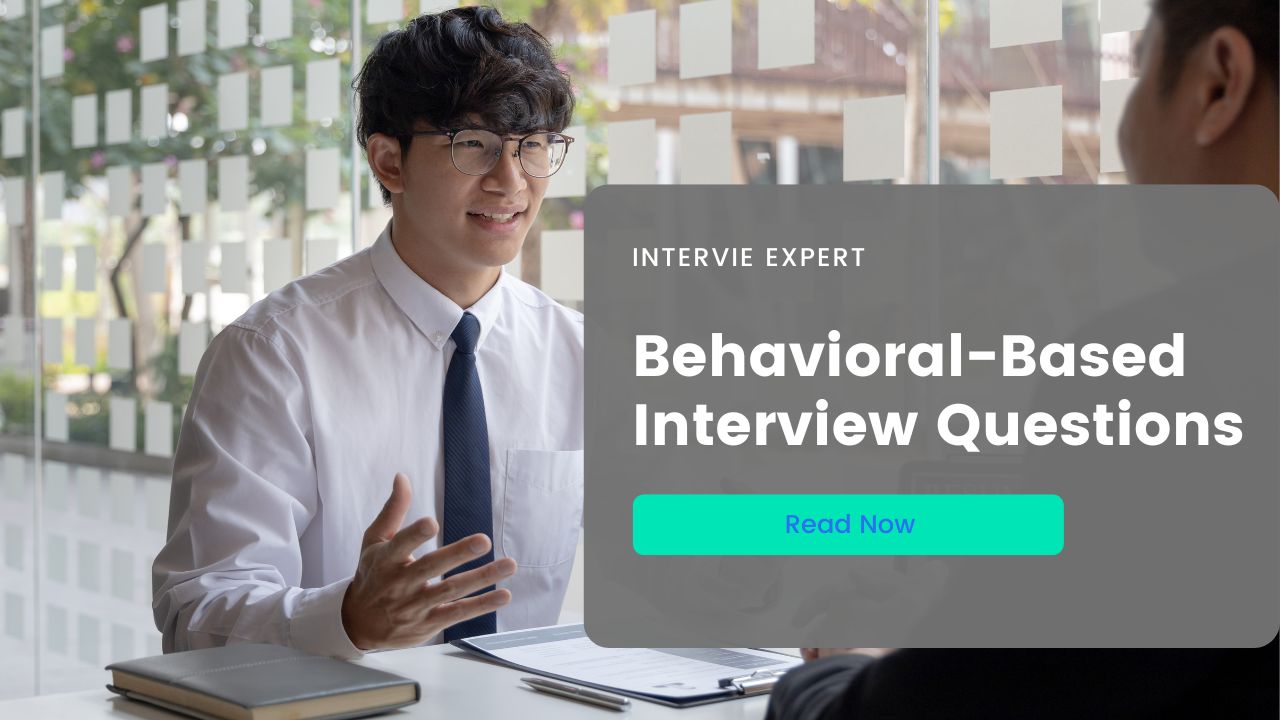
2 weeks ago, admin
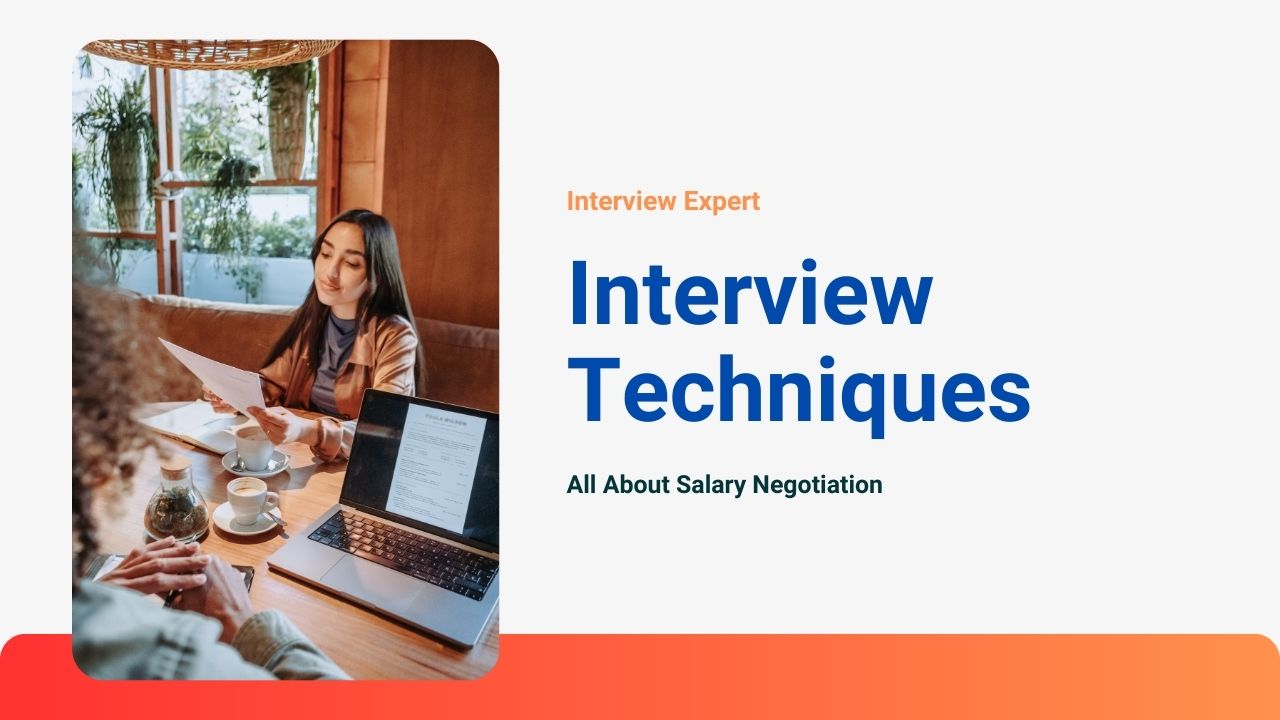
2 weeks ago, admin